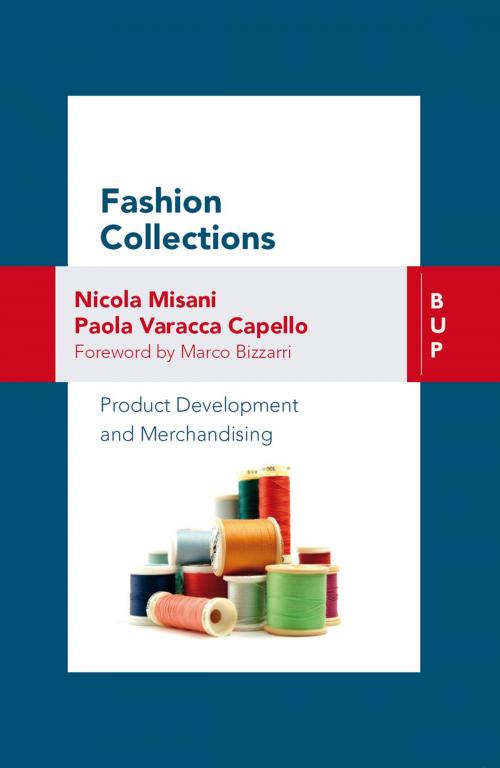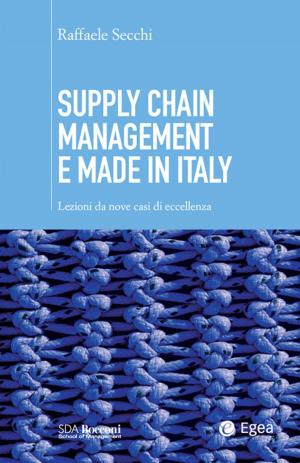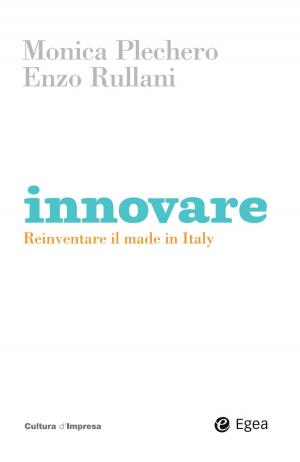Fashion Collections
Product development and merchandising
Business & Finance, Industries & Professions, Industries| Author: | Paola Varacca Capello, Nicola Misani | ISBN: | 9788899902421 |
| Publisher: | Egea | Publication: | February 20, 2019 |
| Imprint: | Egea | Language: | English |
| Author: | Paola Varacca Capello, Nicola Misani |
| ISBN: | 9788899902421 |
| Publisher: | Egea |
| Publication: | February 20, 2019 |
| Imprint: | Egea |
| Language: | English |
This book aims to analyze the logics and instruments by which fashion companies create collections, taking into account the variety of companies’ characteristics and business models. The collection development process is a critical activity for fashion, that must continuously renew its products, and is subject to increasingly strict time, cost and quality goals. A central theme in the book is the complexity of managing the collection development process, due to the number of operations that must be carried out and the variety of actors involved. In addition, there are outside actors, such as the raw material suppliers or manufacturers, that can participate in the development processes. There must also be interaction between the creative and managerial competences present in the company. For all of these reasons, fashion collection development requires extraordinary coordination and integration abilities. This book is the product of the work and efforts of various authors, from both the academic and professional worlds. It also features numerous examples from the fashion industry.
This book aims to analyze the logics and instruments by which fashion companies create collections, taking into account the variety of companies’ characteristics and business models. The collection development process is a critical activity for fashion, that must continuously renew its products, and is subject to increasingly strict time, cost and quality goals. A central theme in the book is the complexity of managing the collection development process, due to the number of operations that must be carried out and the variety of actors involved. In addition, there are outside actors, such as the raw material suppliers or manufacturers, that can participate in the development processes. There must also be interaction between the creative and managerial competences present in the company. For all of these reasons, fashion collection development requires extraordinary coordination and integration abilities. This book is the product of the work and efforts of various authors, from both the academic and professional worlds. It also features numerous examples from the fashion industry.















